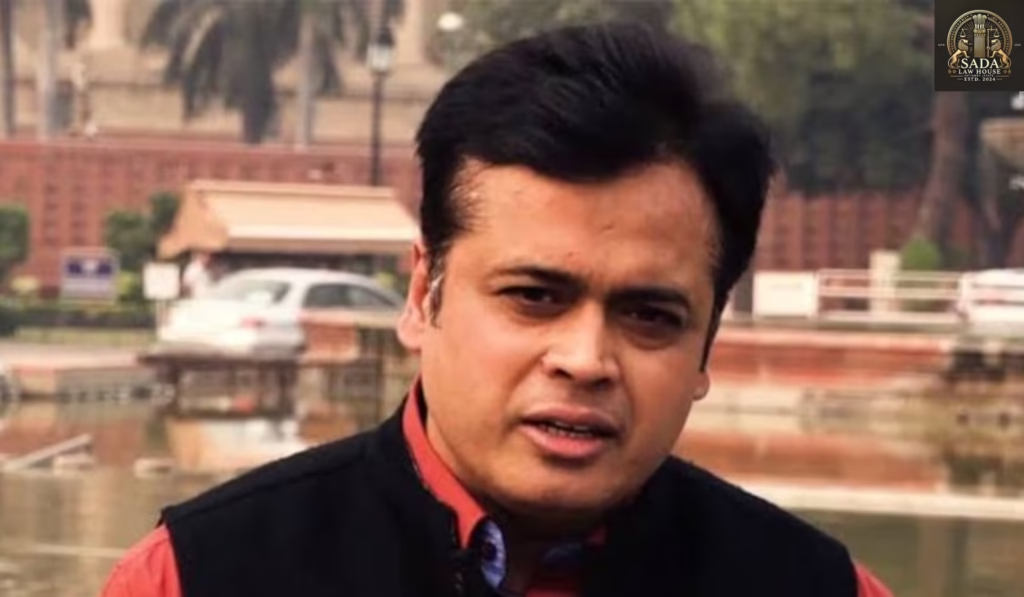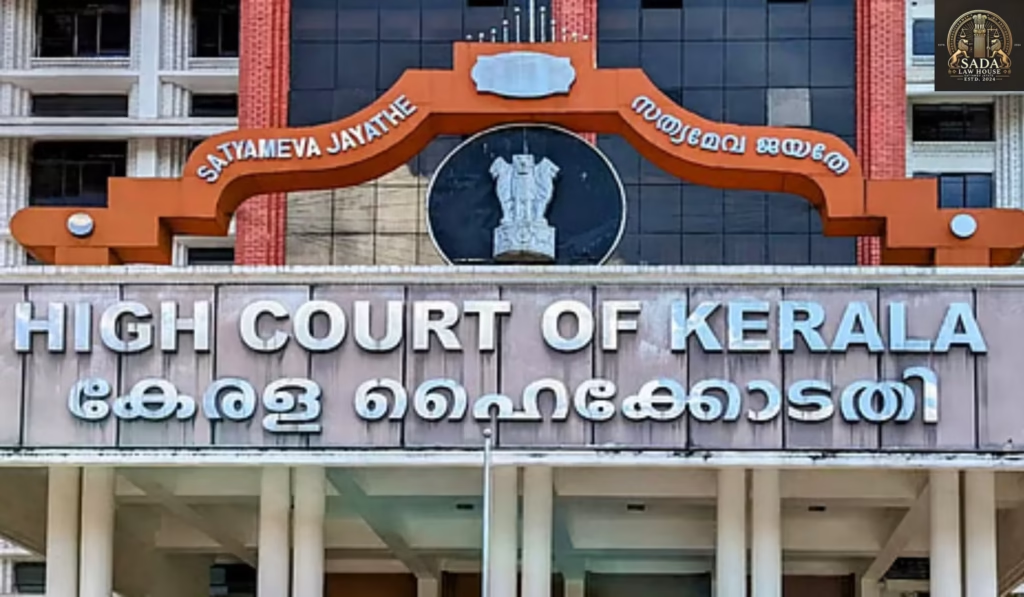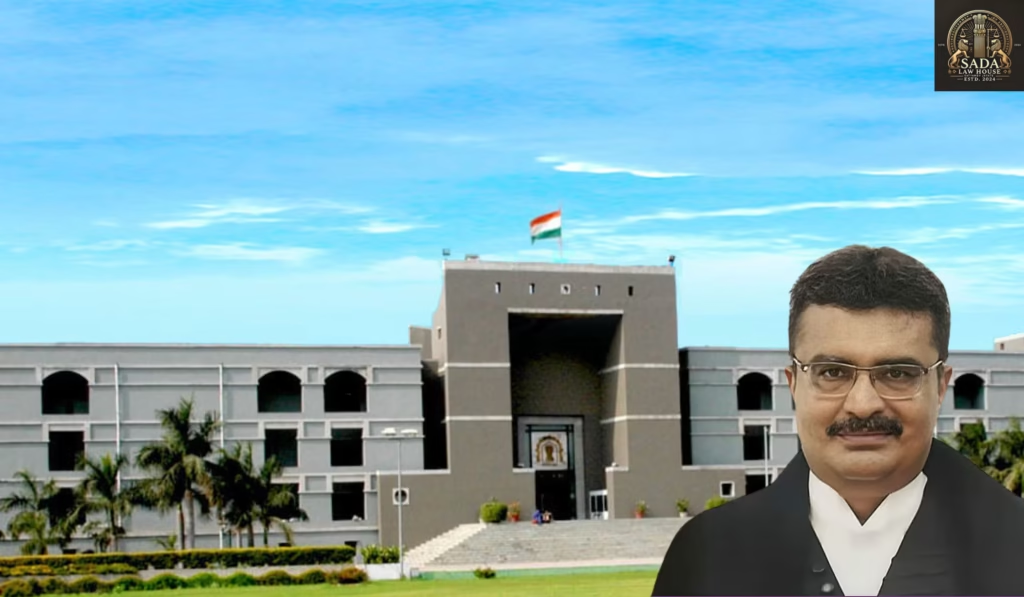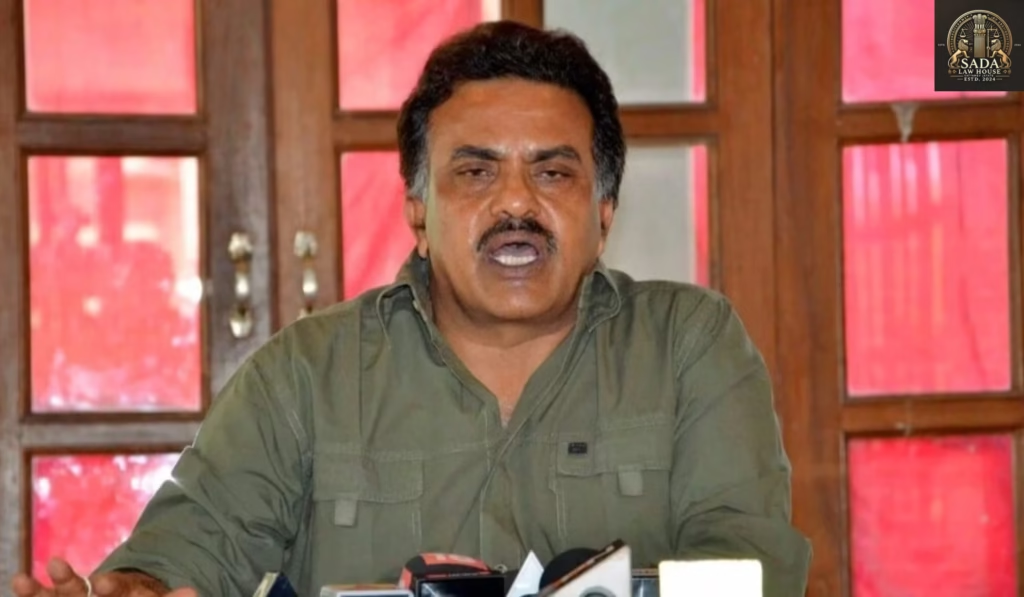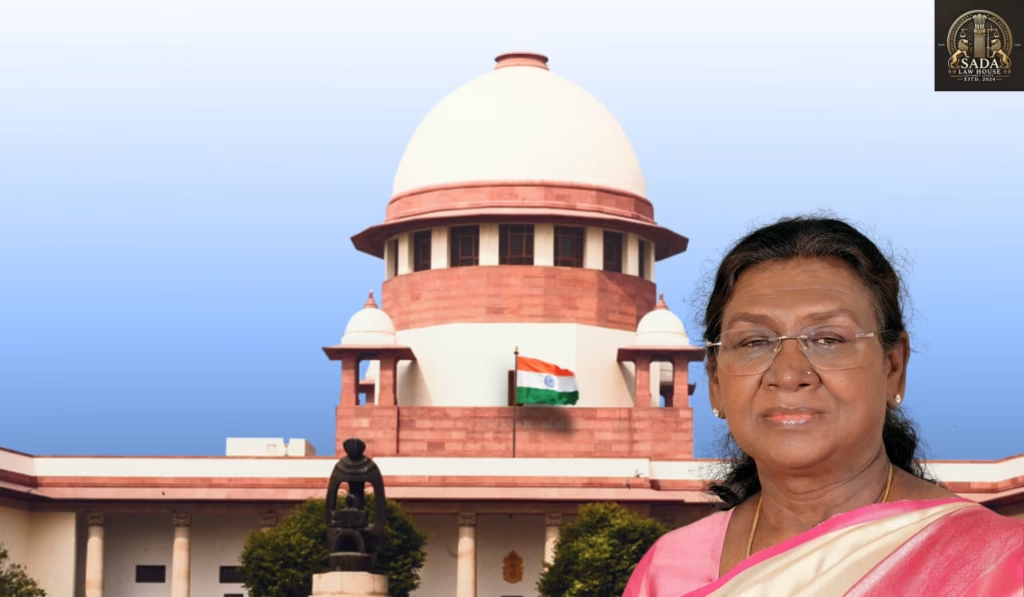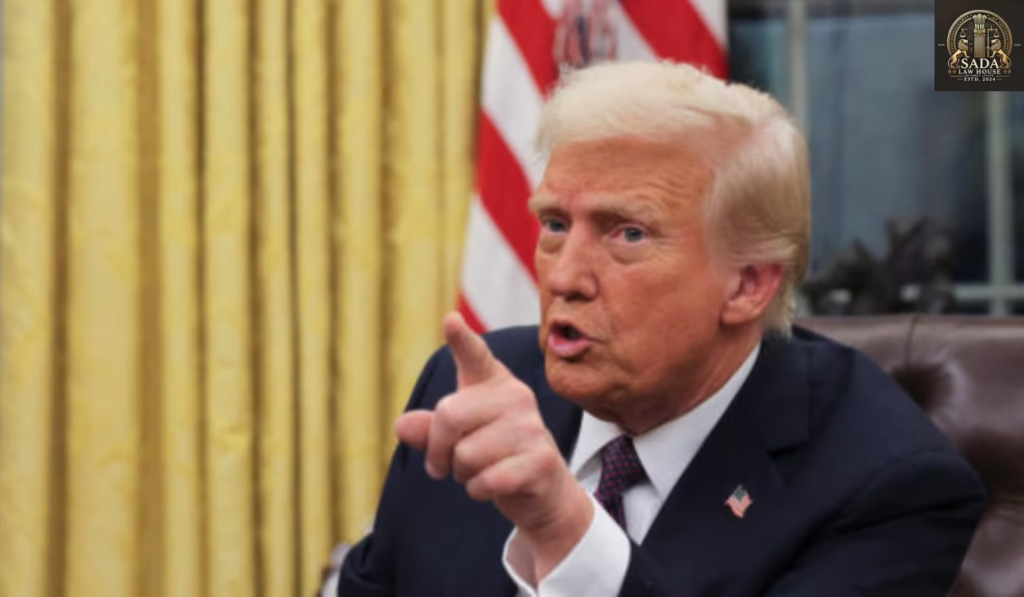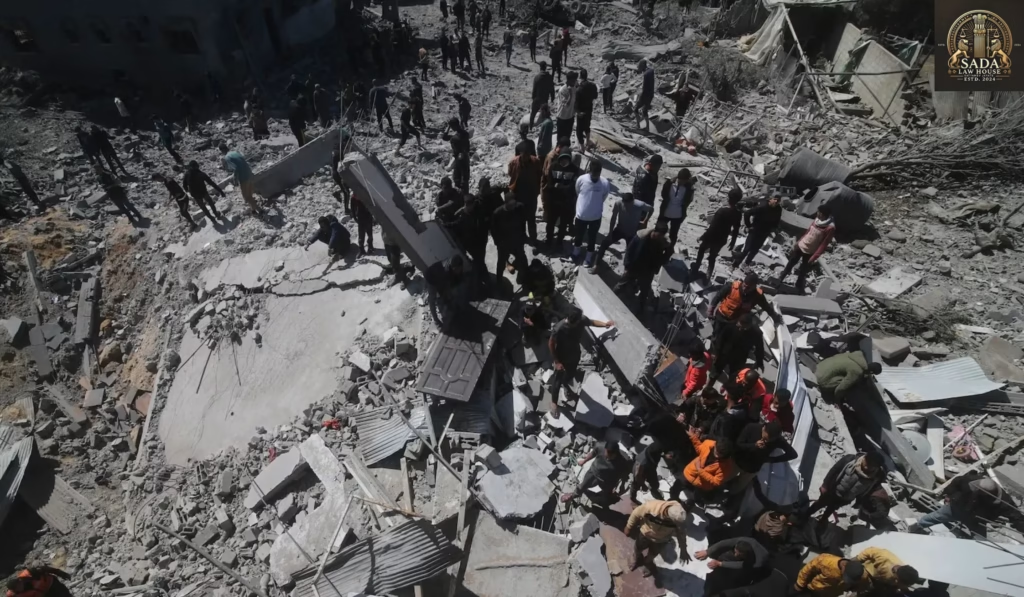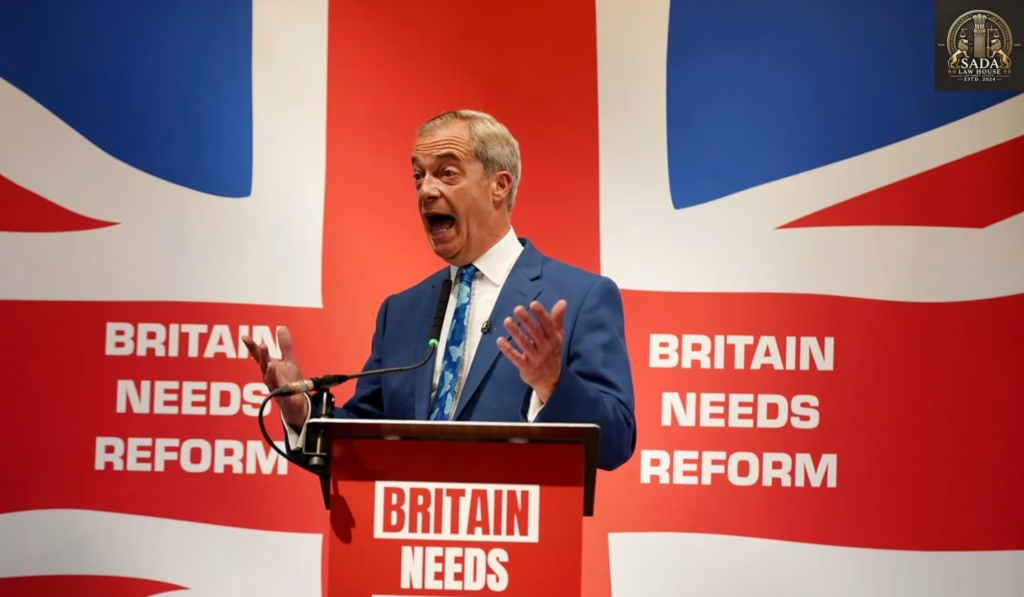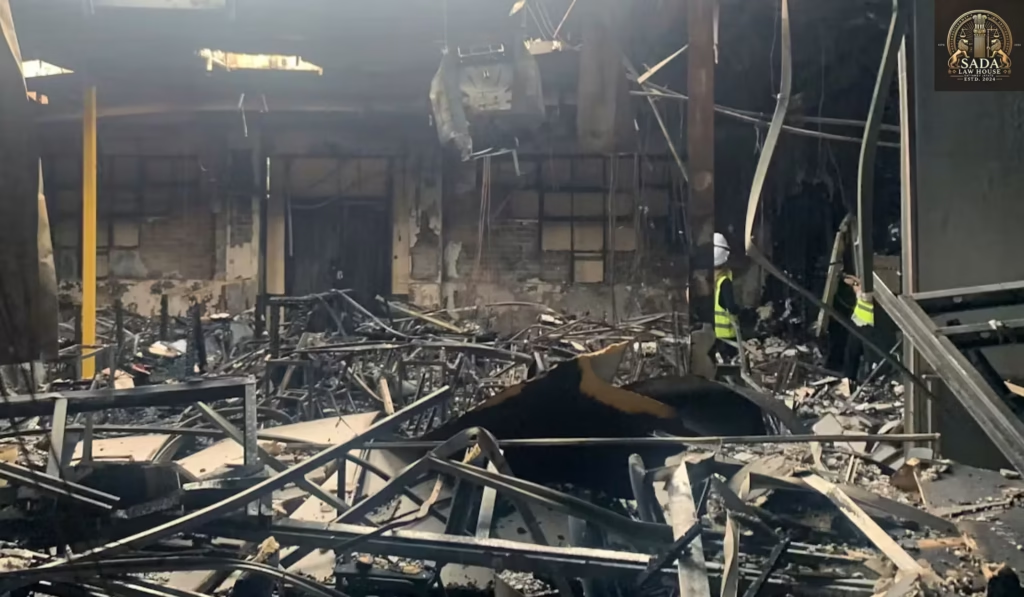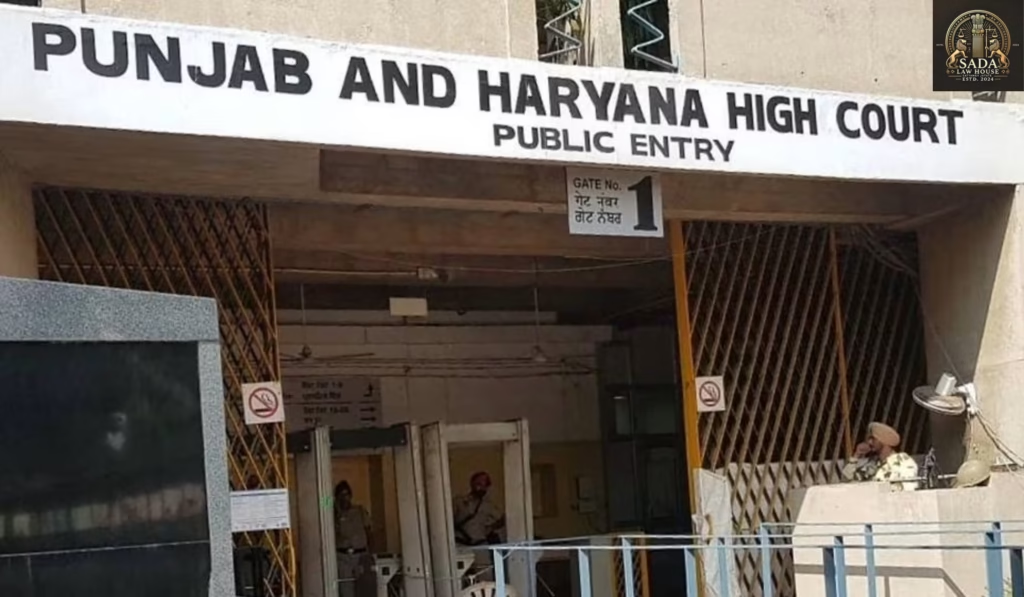Supreme Court Grants Interim Protection to Journalist Abhisar Sharma in Assam FIR
Trending Today Supreme Court Grants Interim Protection to Journalist Abhisar Sharma in Assam FIR Kerala High Court Rules Judges Must Personally View Obscene Video Evidence Before Conviction Gujarat HC Lawyers Meet CJI Over Transfer Proposal of Justice Sandeep Bhatt Bombay High Court Restrains Sanjay Nirupam from Making Communal Remarks Against Slum Developer Ankita Bhati v. Dev Raj Singh Bhati – Supreme Court Reiterates Wife’s Convenience Paramount in Transfer of Matrimonial Cases (2023) Presidential Reference on Deadlines for Governors: Supreme Court Hearing Enters Day 5 LEGAL INTERNSHIP OPPORTUNITY AT CHAMBERS FOR JUSTICE, DELHI LEGAL INTERNSHIP OPPORTUNITY AT AVNEESH ARPUTHAM LEGAL JOB OPPORTUNITY AT RISHABH GANDHI AND ADVOCATES LEGAL JOB OPPORTUNITY AT UTKRISHTHA LAW OFFICES Supreme Court Grants Interim Protection to Journalist Abhisar Sharma in Assam FIR Kashak Agarwala 29 AUG 2025 The Supreme Court of India grants journalist Abhisar Sharma four-week interim protection against arrest in Assam over a YouTube video, while directing him to challenge the FIR before the Gauhati High Court. Interim Protection by Supreme Court On Thursday, a Bench of Justices M.M. Sundresh and N. Kotiswar Singh granted Abhisar Sharma a four-week interim protection against arrest in connection with a FIR filed over a YouTube video criticizing the Assam government. The Court declined to quash the FIR itself, clarifying that Sharma must approach the Gauhati High Court to challenge it. The Bench acknowledged his role as a journalist and stated that the protection was to ensure he could seek judicial relief without facing immediate arrest. FIR and Charges Invoked The FIR was registered on 21 August 2025, after Sharma criticized the Assam government for allotting 3,000 bighas of tribal land to a private entity and accused it of divisive politics. Charges under the Bharatiya Nyaya Sanhita (BNS) included: Section 152 BNS: Threatening sovereignty of the state Section 196 BNS: Encouragement of hostility between groups Section 197 BNS: Statements prejudicial to national integration The FIR alleged that Sharma mocked the government, ridiculed Ram Rajya, and encouraged communal hatred, negatively impacting national cohesion. Court Proceedings and Submissions Senior Advocate Kapil Sibal argued to annul the FIR and prevent multiple complaints arising from the same video. He emphasized the need for uniformity in prosecuting such cases. Justice Sundresh noted that even if the Supreme Court entertained the plea, the State could file another FIR, making the High Court the appropriate forum for challenging the FIR. The Bench granted interim protection for four weeks to allow Sharma to seek relief before the Gauhati High Court. Constitutional Challenge to Section 152 BNS Sharma contended that Section 152 BNS was unconstitutional, as it was a reform of the repealed Section 124A IPC, and argued that it is vague and overly broad, allowing potential misuse against critics. The petition invoked Articles 14, 19(1)(a), and 21 of the Constitution of India, claiming violations of equality, freedom of speech, and due process. The Supreme Court issued notice to the Central Government, linking Sharma’s challenge to other similar cases pending before the Court. Petition Grounds The petition argued that: Sharma’s video criticism was factual and verifiable, containing no incitement to violence. Freedom of speech includes criticism of government policies and political decisions. Prosecution under Section 152 BNS for journalistic reporting, including potential life imprisonment, is disproportionate and unconstitutional. Next Steps Interim protection: Four weeks for Sharma to approach the Gauhati High Court to quash the FIR. Constitutional challenge: Section 152 BNS case to be considered by the Supreme Court. Representation: Advocate Sumeer Sodhi filed the petition on behalf of Sharma. This ruling highlights press freedom, proportionality in criminal law, and safeguards for journalists under India’s democratic framework. Leave a Reply Cancel Reply Logged in as Sadalaw. Edit your profile. Log out? Required fields are marked * Message* Live Cases Supreme Court Grants Interim Protection to Journalist Abhisar Sharma in Assam FIR Sadalaw • August 29, 2025 • Live cases • No Comments Kerala High Court Rules Judges Must Personally View Obscene Video Evidence Before Conviction Sadalaw • August 29, 2025 • Live cases • No Comments Gujarat HC Lawyers Meet CJI Over Transfer Proposal of Justice Sandeep Bhatt Sadalaw • August 29, 2025 • Live cases • No Comments 1 2 3 … 5 Next »
Supreme Court Grants Interim Protection to Journalist Abhisar Sharma in Assam FIR Read More »

